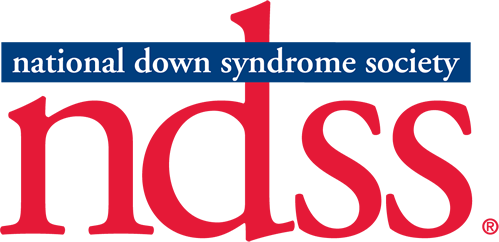|
WHAT IS THE DSMIG PROJECT ECHO?The DSMIG Project ECHO is a monthly virtual meeting for health care professionals to learn and share information about the care of people with Down syndrome. It is based on the Project ECHO model developed at the University of New Mexico. All sessions take place from 5:00 - 6:15 PM ET. SESSION SCHEDULE
REGISTER FOR 2026 SESSIONSWHY WAS IT DEVELOPED?Project ECHO was developed to support health care professionals who care for individuals with Down syndrome. Many people with Down syndrome do not have access to a specialty clinic for people with Down syndrome. They receive care from health care professionals who may not have much experience in caring for people with Down syndrome. This program provides an opportunity for these professionals to seek input from expert professionals with significant experience in caring for people with Down syndrome. WHAT IS THE FORMAT?There are two parts to each Project ECHO meeting. In part one, a health care professional presents a de-identified case of a pediatric or adult person with Down syndrome. All attendees are encouraged to provide input on the case. An expert panel of professionals with significant experience in caring for people with Down syndrome also provides input. The case is typically presented and discussed for about 60 minutes. In part two, a journal article or topic related to Down syndrome care is discussed. This educational part typically lasts for approximately 15 minutes. WHO SHOULD ATTEND?Health care professionals of individuals with Down syndrome are invited to attend. These may include physicians, nurse practitioners, psychologists, social workers, nurses, therapists, and others. Trainees are also welcome to attend. We encourage people with Down syndrome and their families to share information about Project ECHO with their health care professionals; however, people with Down syndrome and their families are not invited to attend. WHO SHOULD PRESENT A CASE?Any health care professional involved in the care of a person with Down syndrome is invited to submit a case to present. If the health care professional is unable to attend the session at the scheduled time, the person can record the case presentation in advance. During the scheduled meeting time, the attendees will watch the recording and discuss the case. A written summary will be given to the health care professional who submitted the case. WHAT ARE OTHER BENEFITS?There is no cost to participate in the program. Additionally, health care professionals can earn continuing education credit for attending. SPREAD THE WORDDo you know a healthcare professional who would benefit from attending Project ECHO? Send them our flyer! Below, you can download a flyer that gives an overview of the Project ECHO program which you can share with a healthcare professional. We also have a version intended for families that you can share in your office or clinic. Invite your colleagues to attend ECHO today! Flyer for ProfessionalsFlyer for FamiliesWHO SHOULD I CONTACT FOR MORE INFORMATION?Please contact [email protected] if you are interested in participating in DSMIG’s Down Syndrome ECHO. Register to ParticipateSubmit a Case for DiscussionReview Previous Didactic SessionsSpecial thanks to our Project ECHO Supporters:
 |


